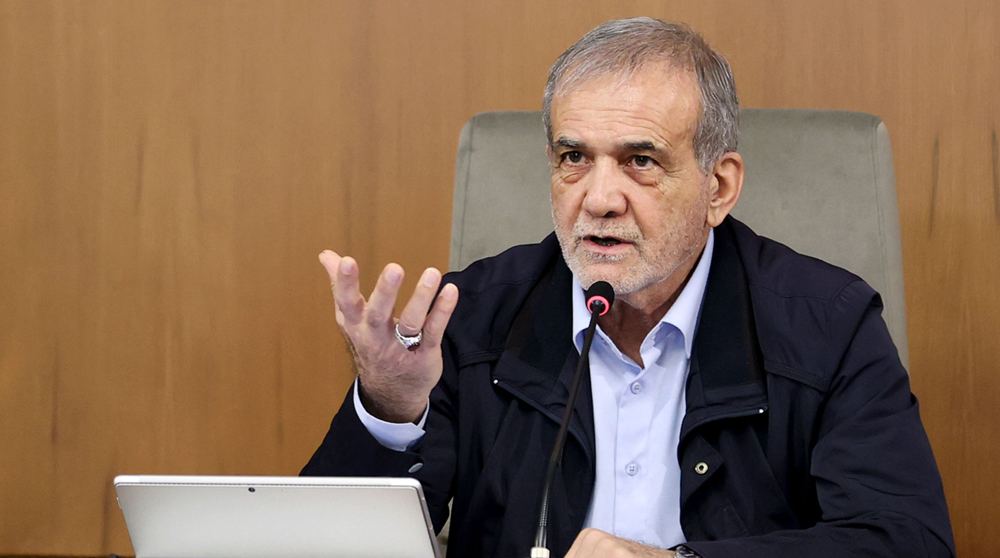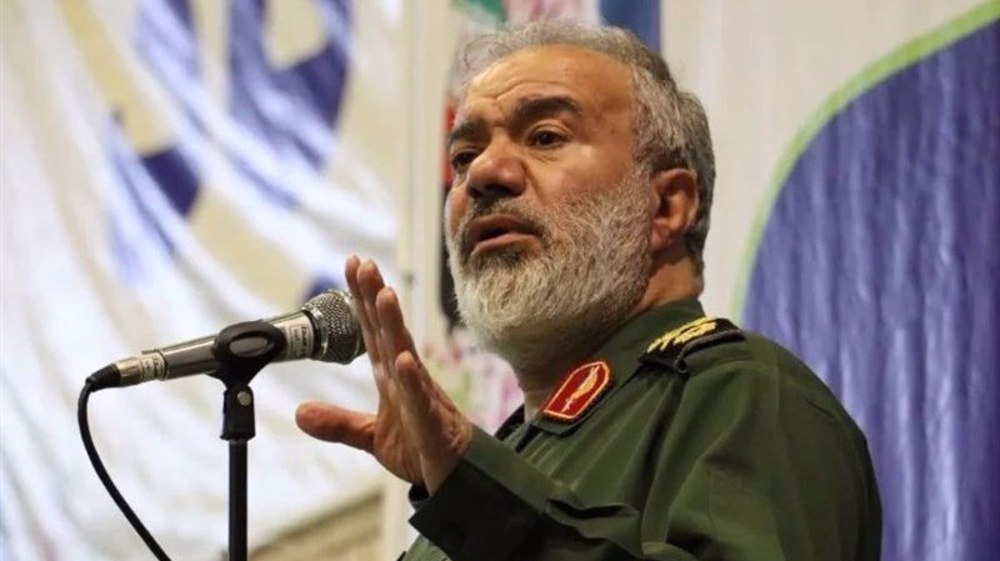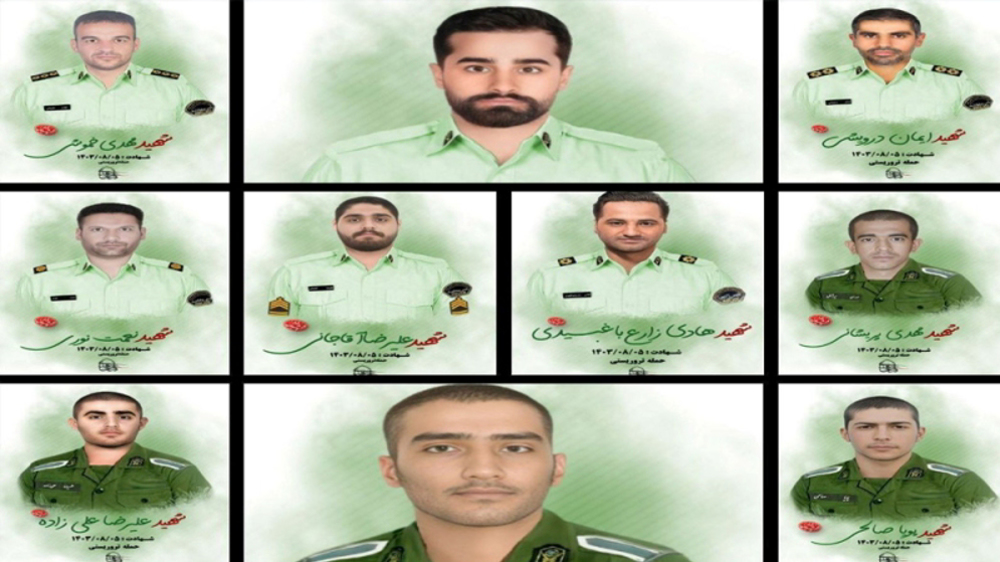Iran draws up plans to wisely use arms embargo termination: Ambassador
Iran’s Ambassador to Moscow Kazem Jalali says the country will use “with prudence” the opportunity that will be provided by the expiration of a decade-old United Nations arms embargo on Tehran.
“Iran will definitely cooperate with interested countries in the technical-military field and in the procurement of equipment it needs,” the Islamic Republic News Agency (IRNA) quoted Jalali as speaking in an interview with the Russian website of Interfax on Saturday.
“There will be no limitation for us and we will use this issue with prudence,” he added.
The UN restrictions are set to be lifted on Sunday under United Nations Security Council Resolution 2231, which endorses a multilateral nuclear agreement, officially known as the Joint Comprehensive Plan of Action (JCPOA), signed between Iran and major world powers in 2015.
The ban’s removal will follow a largely unsuccessful campaign by US President Donald Trump to convince the remaining signatories to defy the nuclear deal and Resolution 2231 and keep the ban on Iran’s arms industry in force.
During the 15-member Security Council vote on August 14, the US received support only from the Dominican Republic for its anti-Iran resolution, leaving it far short of the minimum nine ‘yes’ votes required for adoption.
In response to a question about any specific case of technical and military cooperation between Iran and Russia at present, Jalali said, “We have very good relations with Moscow. Russia has provided us with tremendous assistance and opposed the American resolution and voted against it. We are holding very close consultation on this issue.”
The Iranian diplomat emphasized that the country has devised plans for military cooperation, which would be implemented at an appropriate time.
He noted that the United States has made huge attempts to counter the Security Council Resolution 2231 but remained isolated in its push.
He said the international community managed to stand up to the US, adding that Russia and China made great efforts to that end.
Jalali said Iran has suffered hardship in obtaining weapons and military equipment over the past decades, including the time when former Iraqi dictator Saddam Hussein imposed a war on the country in the 1980s.
He added, “This is the reason that we have increased our capability in the fields of producing military armaments and war equipment and we are completely self-sufficient in many industries.”
Russian Foreign Ministry spokeswoman Maria Zakharova said on Thursday that Moscow will consider military technical cooperation with Iran in line with mutual interests after the expiration of the United Nations arms embargo on Tehran.
“We are convinced that all possibilities stemming from the expiration of the provisions of United Nations Security Council Resolution 2231 that are linked with military technical cooperation with Iran will be duly taken into account and used on the basis of mutual benefit and in the interests of the peoples of our two states,” she added.
Iranian UN mission spokesman Alireza Miryousefi also reiterated on Friday that the country has “many friends” and partners to start trading in armaments with them in line with its national interests.
“Iran has many friends and trading partners, and has a robust domestic arms industry to ensure its defense requirements against foreign aggression,” Miryousefi told Newsweek.
US President Donald Trump, a hawkish critic of the JCPOA, unilaterally withdrew Washington from the agreement in May 2018, and unleashed the “toughest ever” sanctions against the Islamic Republic to strangle its economy in defiance of global criticism.
Since its much-criticized exit, Washington has been attempting to prevent the remaining signatories from abiding by their commitments and thus kill the historic agreement, which is widely viewed as a fruit of international diplomacy.
Russia’s Foreign Minister Sergei Lavrov, whose country is a signatory to the JCPOA, said late last month that Moscow and Tehran roundly reject efforts by the US to permanently extend an arms embargo against the Islamic Republic.
Speaking at a joint press conference that followed a meeting with his visiting Iranian counterpart Mohammad Javad Zarif in Moscow, Lavrov added, “We stressed that Moscow and Tehran, like the entire international community, categorically reject US ambitions to impose some kind of indefinite arms embargo.”
Iranian diaspora in EU, UK deplore ban on national airline
VIDEO | Press TV's News Headlines
Israel’s military struggling with shortage of troops: Report
Iran calls for more efforts to establish peace in Gaza, Lebanon
Israel targets journalists in southern Lebanon to mask atrocities
Trump vs Harris: A choice between two deranged war hawks who cheer genocide in Gaza
Over 1,800 Palestinians killed in Israel’s month-long attacks in northern Gaza
UN official urges Egypt to seize Israel-bound arms ship MV Kathrin














 This makes it easy to access the Press TV website
This makes it easy to access the Press TV website